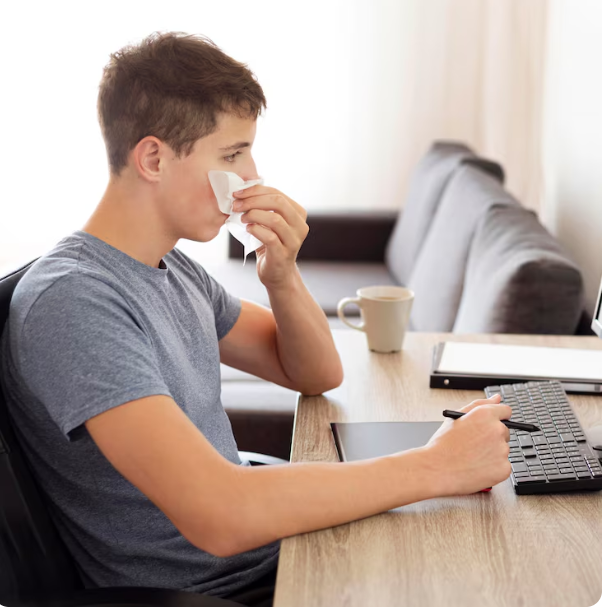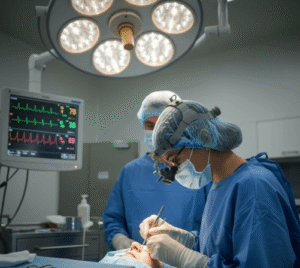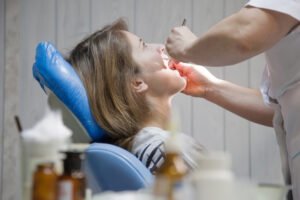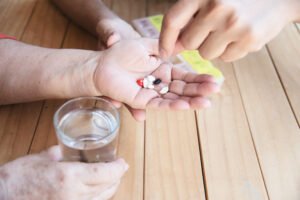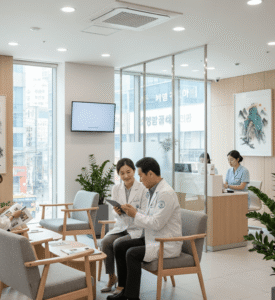Overview
Caffeine overdose, also known as caffeine toxicity, occurs when an individual consumes excessive amounts of caffeine from coffee, tea, energy drinks, or medications. While moderate caffeine intake is generally safe, high doses can lead to severe symptoms affecting the heart, nervous system, and gastrointestinal tract. Early recognition and treatment are crucial to prevent life-threatening complications. South Korea provides specialized care for caffeine overdose in hospitals and emergency departments.
What is Caffeine Overdose?
Caffeine overdose happens when the body receives more caffeine than it can safely metabolize. It stimulates the central nervous system excessively, leading to a range of symptoms from mild agitation to severe cardiovascular and neurological complications. The severity depends on the amount ingested, individual tolerance, and coexisting medical conditions.
Symptoms
- Restlessness and nervousness
- Rapid heartbeat (tachycardia)
- High blood pressure
- Nausea, vomiting, or abdominal pain
- Tremors or muscle twitching
- Dizziness or lightheadedness
- Anxiety, panic attacks, or insomnia
- Severe cases: Seizures, confusion, or cardiac arrhythmias
Causes
- Excessive consumption of caffeinated beverages (coffee, tea, energy drinks)
- Overuse of caffeine-containing medications or supplements
- Combining multiple sources of caffeine in a short time
- Individual sensitivity or low tolerance to caffeine
Risk Factors
- Young adults and teenagers consuming energy drinks
- People with underlying heart or kidney conditions
- Individuals using stimulant medications or dietary supplements
- Pregnant women (reduced caffeine metabolism can increase risk)
- Lack of awareness about caffeine content in products
Complications
- Cardiac arrhythmias (irregular heartbeat)
- Hypertension (high blood pressure)
- Seizures or convulsions
- Severe dehydration due to vomiting or diarrhea
- Anxiety disorders or panic attacks
- Rarely, death in extreme overdose cases
Prevention
- Limit caffeine intake to recommended daily limits (usually up to 400 mg for adults)
- Read labels on energy drinks, supplements, and medications
- Avoid combining multiple high-caffeine sources
- Monitor symptoms and seek medical attention for unusual reactions
- Pregnant women should consult healthcare providers about safe caffeine intake
Treatment Options in Korea
South Korea offers advanced emergency and supportive care for caffeine overdose:
- Emergency Care
- Immediate assessment in ERs for vital signs and ECG
- Intravenous fluids to prevent dehydration
- Monitoring for cardiac arrhythmias and blood pressure
- Medications
- Benzodiazepines for severe agitation or seizures
- Beta-blockers for rapid heart rate or arrhythmias
- Anti-nausea medications for vomiting
- Observation & Supportive Care
- Continuous monitoring in hospitals for severe cases
- Symptom management and electrolyte correction
- Counseling on safe caffeine consumption
- Public Health & Awareness
- Education campaigns about energy drinks and caffeine supplements
- Guidance provided by Korean Centers for Disease Control and Prevention (KCDC)

